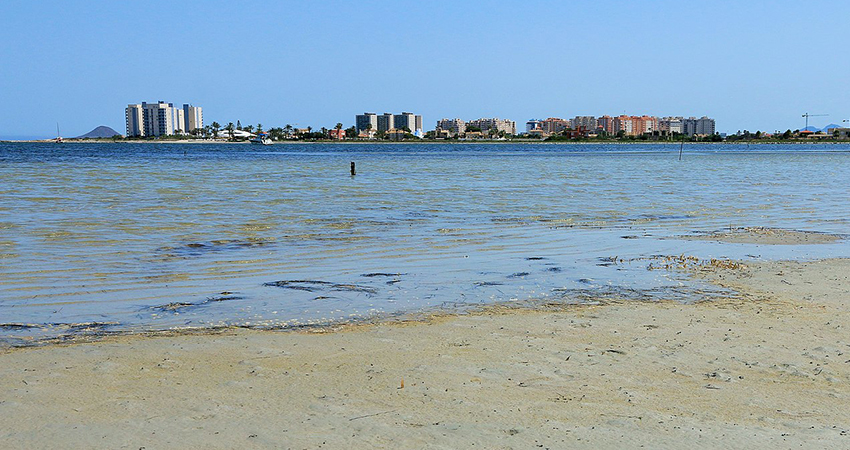Rights of Nature granted for Mar Menor lagoon

-
 Fergal MacErlean
Fergal MacErlean
Share article:
A Spanish saltwater lagoon has become the first ecosystem in Europe to be granted legal status as a person. The move, ratified by the Madrid Senate in September, is part of a growing worldwide rights of nature movement – in a bid to save the heavily polluted Mar Menor in Murcia, in the south-east of the country.
The legal status follows a concerted campaign by scientists, environmentalists and lawyers to push for the legal distinction. “The rights of nature are already a reality in several legal systems around the world, it is part of the international legal vanguard and the process is unstoppable,” writes Teresa Vicente Giménez, Professor of Philosophy of Law and Director of the Chair of Human Rights and Rights of Nature at the University of Murcia. Professor Vicente Giménez, who was instrumental in sparking the student movement which gathered more than the 500,000 signatures needed to launch the legal initiative, writes that the “reasons that have led Spanish citizens to propose a law that recognises the legal personality of the Mar Menor lagoon and its basin, in order to provide it with its own rights, are the serious ecological damage it has suffered, the ineffectiveness of the current legal regulations that have sought to protect it, and the empowerment of civil society to make participation in environmental matters effective.”
History
The rights of nature idea, espoused by indigenous peoples, states that nature holds inalienable rights, and that threatened parts of nature, such as a river or mountain range, should be provided with legal standing to defend itself. In western culture the idea gained traction after a 1972 paper, written in support of a legal challenge to a ski resort, by a Californian legal philosophy professor, Christopher D. Stone, titled: ‘Should Trees Have Standing? Toward Legal Rights for Natural Objects’.
Mister Mar Menor
Miguel de Mata, prosecutor for the Environment in the Region of Murcia, told the newspaper El Diario: “From now on, all kinds of public or private activity that could have a negative impact on the Mar Menor can be reviewed in court.” “’Mr. Mar Menor’, although it sounds extravagant at the moment, will be entitled to request documentation on the projects that are going to be carried out in his environment, modify them or even cancel them. They will have to give him a hearing because he is a subject with his own rights,” the prosecutor said.
Crime investigations
Currently, in a court in Murcia more than thirty companies are being investigated for crimes against the environment at the Mar Menor, along with local politicians accused of the illegal use of desalination plants, which investigators (in a probe underway since 2017) argue has contributed to the ecological collapse of the protected lagoon.
More European initiatives
The Mar Menor is now legally competent to appear as an injured party in the second, investigation phase. Any legal moves will be closely watched by the European Hub of the Global Alliance for the rights of Nature. There are a number of European proposals to recognize the rights of specific natural areas including the Loire, the Meuse in the Netherlands, the Rhône in Switzerland, and Lake Vättern in Sweden.















